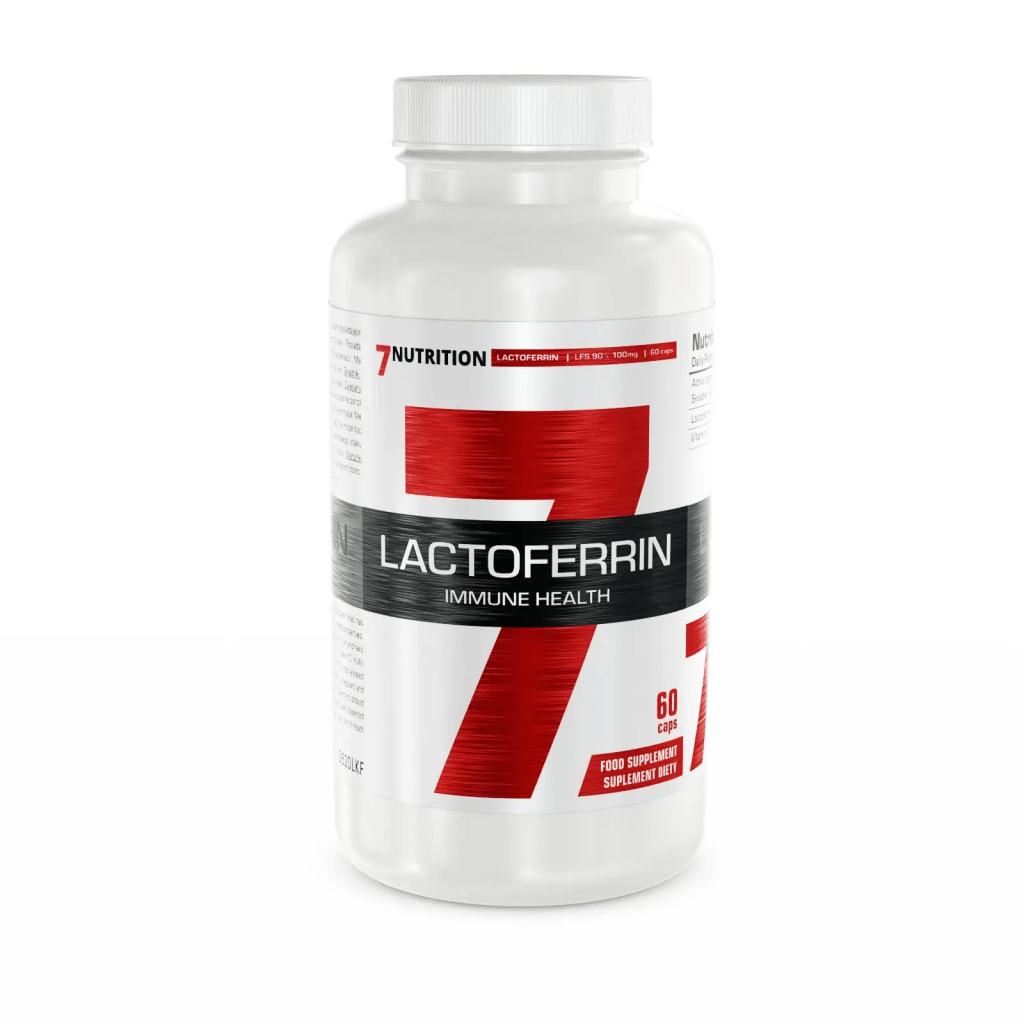Lactoferrin
Lactoferrin, also referred to as lactotransferrin or Lacrofer, is a multifunctional protein that belongs to the transferrin family. A glycoprotein called lactoferrin, which has an average molecular weight of about 80 kDa, is found in large quantities in many secretory fluids, including milk, saliva, tears, and mucus. Lactoferrin has antimicrobial, antioxidant, anti-inflammatory, and immunomodulatory properties in addition to its ability to bind iron. Lactoferrin has been suggested as a potential treatment for a number of human diseases, including infections, cancer, inflammatory bowel disease (IBD), and diabetes due to its wide range of functions. This article is written to provide information about lactoferrin to Welzo users.


 Rated Excellent by 26,523+ Reviews
Rated Excellent by 26,523+ Reviews